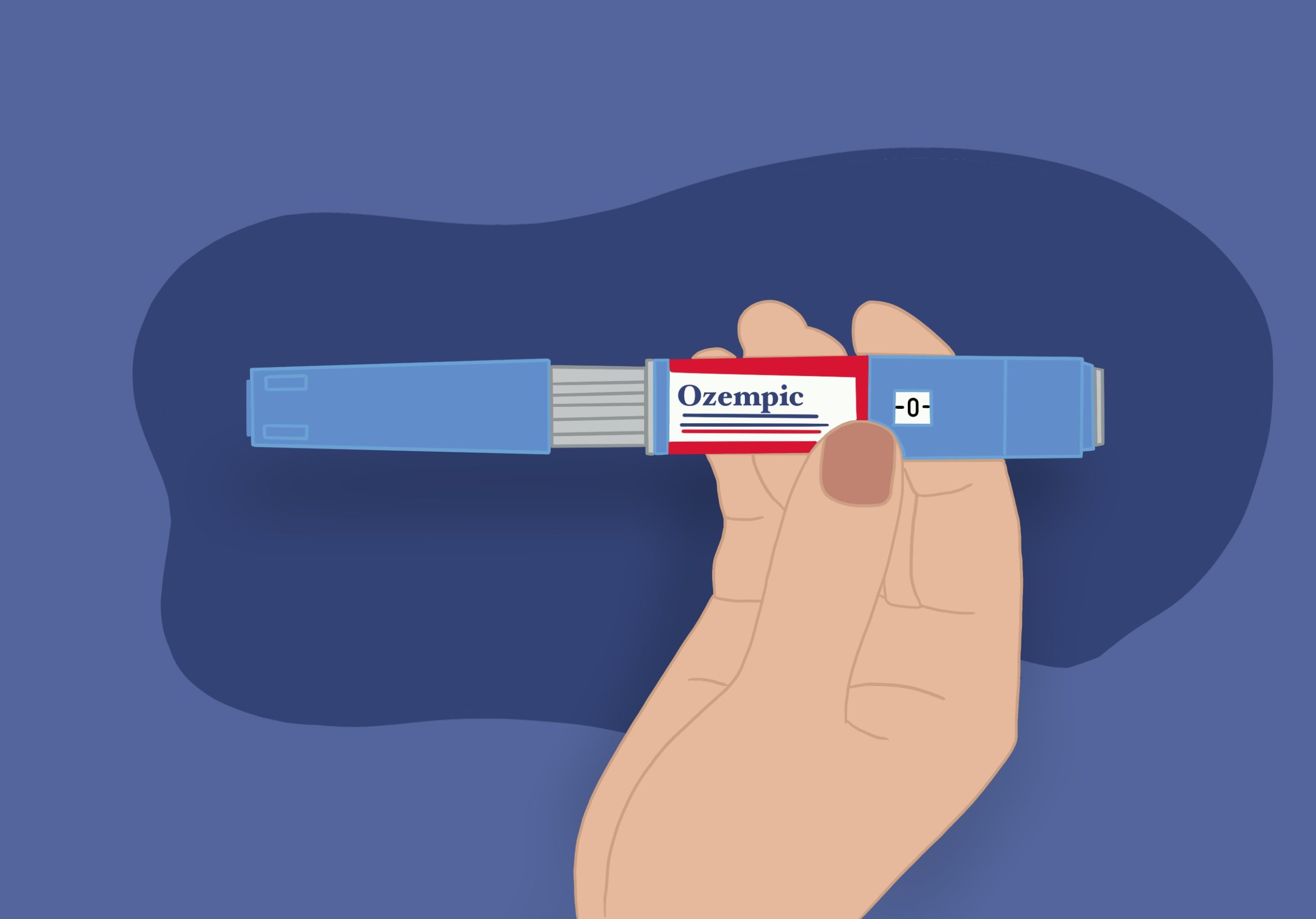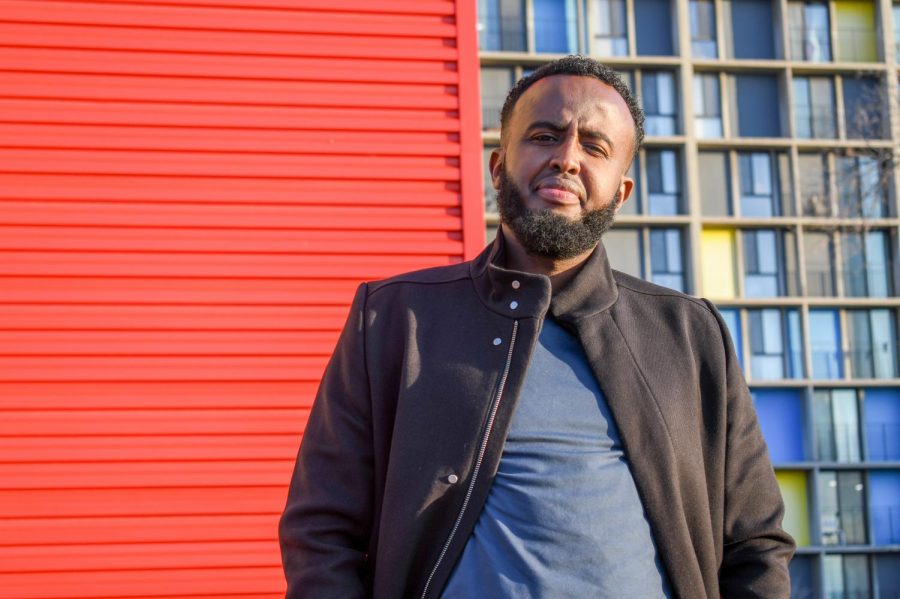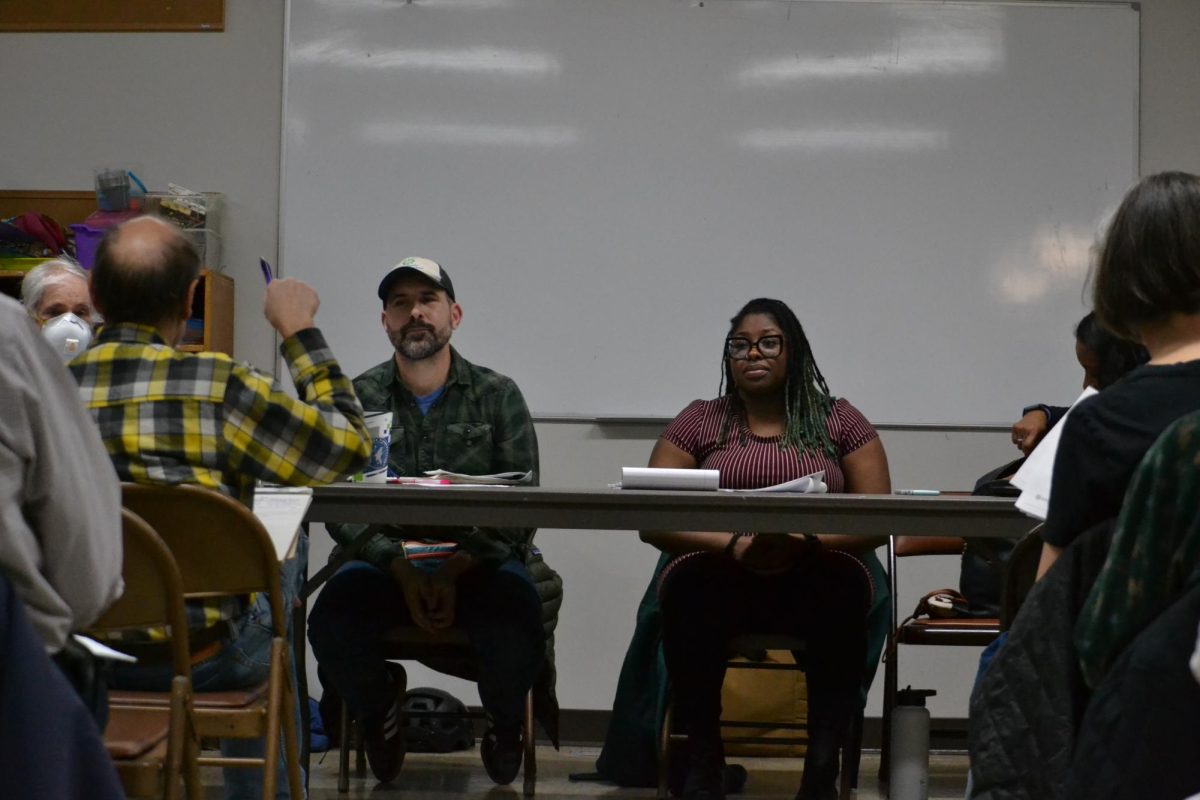Cedar-Riverside’s Mixed Blood Theatre is helping one of their employees build a new studio that will use live theater and storytelling to foster community dialogue about health taboos, quality health care and health disparities in East African communities.
The studio, called City of Nations Storytelling Studio, will launch virtually in December. It will tackle reproductive education, mental health and substance abuse by bringing members of East African communities together across gender, generation, ability and religion to share their stories and experiences with these taboos.
The City of Nations Storytelling Studio is a follow-up to a 2017 program called Project 154, which brought together Somali and Oromo community members to share their personal stories about health care and its barriers. Abdurrahman Mahmud, Mixed Blood Theatre’s project coordinator, said it was the conversations from Project 154 that helped him identify the health taboo topics that inspired founding City of Nations Storytelling Studio.
“These were the things that we learned from the community when they came together,” Mahmud said. “And now, through the City of Nations Storytelling Studio, what we want is to expand.”
The major connection between the three taboos are based on intergenerational conflict, Mahmud said. The wave of Somali immigrants who settled in Minnesota in the 1990s after fleeing a civil war and the younger generation of Somalis who were born or raised in the U.S. have clashing viewpoints on health.
Reproductive education, mental health and substance abuse are uncomfortable topics to talk about in Somali families, but not talking about them can gradually affect someone’s willingness to open up about health problems that need to be addressed, he added.
“We’re trying to, through the City of Nations Storytelling Studio, ignite these conversations within families, within faith community, within the youth, within the population, within the community and then help the people feel comfortable to speak up openly about all these three issues,” Mahmud said.
Before he took up the role of project coordinator of Project 154, Mahmud’s professional background was in nursing and public health. He said his job at Mixed Blood Theatre was his first time working in arts and theatre.
“The journey was eye-opening for me, and it was really a great experience. Nowadays, I still — I don’t prefer to call myself an artist,” Mahmud said. “But sometimes when I’m around the community, I tell myself, ‘I’m a storyteller.’”
Jack Reuler, Mixed Blood Theatre’s executive director, founded the theater in 1976 when he was 22 years old. In the ‘90s, he said he saw the surrounding neighborhood change around the organization.
“Instead of becoming an island in Cedar-Riverside, we wanted to remain an anchor,” Reuler said. “So, starting in about 2000, we started trying to have our programming be connected to our neighbors.”
After years of trying to connect with the community, the organization had little success. So in 2017, the theater began to change its programming to focus on oral storytelling and created Project 154, he added.
Somalia is nicknamed “a nation of poets” because of its rich history of oral storytelling. The written Somali language was not formed until the 1970s, but Somali culture, language, traditions and religions have been passed down through generations of oral storytelling.
“When we organize people and bring them together, they’re really good storytellers, especially among the elders,” Mahmud said.
A University alum, Sulekha Ibrahim, plans to participate in the City of Nations Storytelling Studio. She is a public health nurse and founder of Healing Path Wellness Services, a Black-owned mental health clinic located in South Minneapolis.
Ibrahim said, “Storytelling and being able to share their experiences is a great way to connect; it’s a great way for other people to receive information, and it’s even therapeutic.”


























